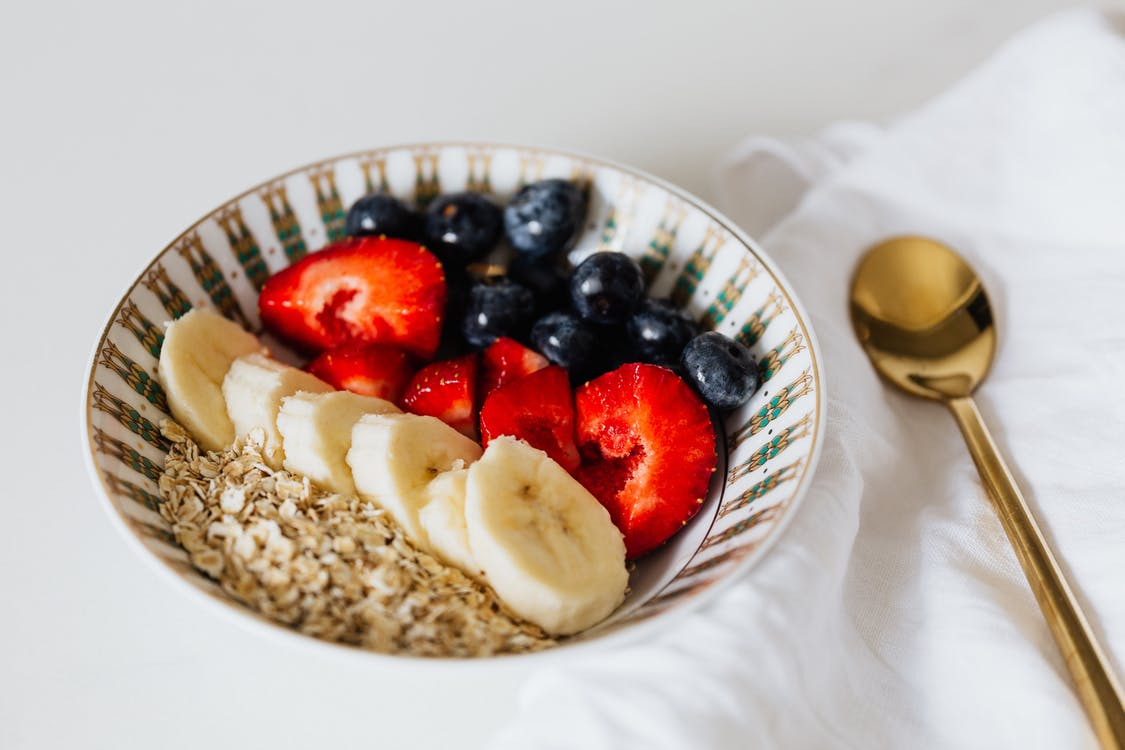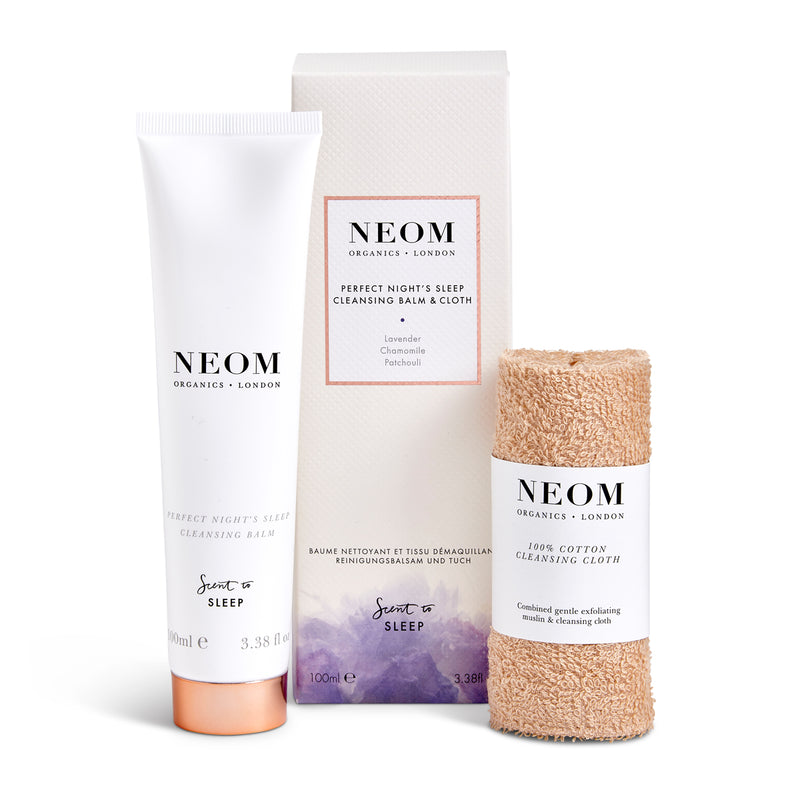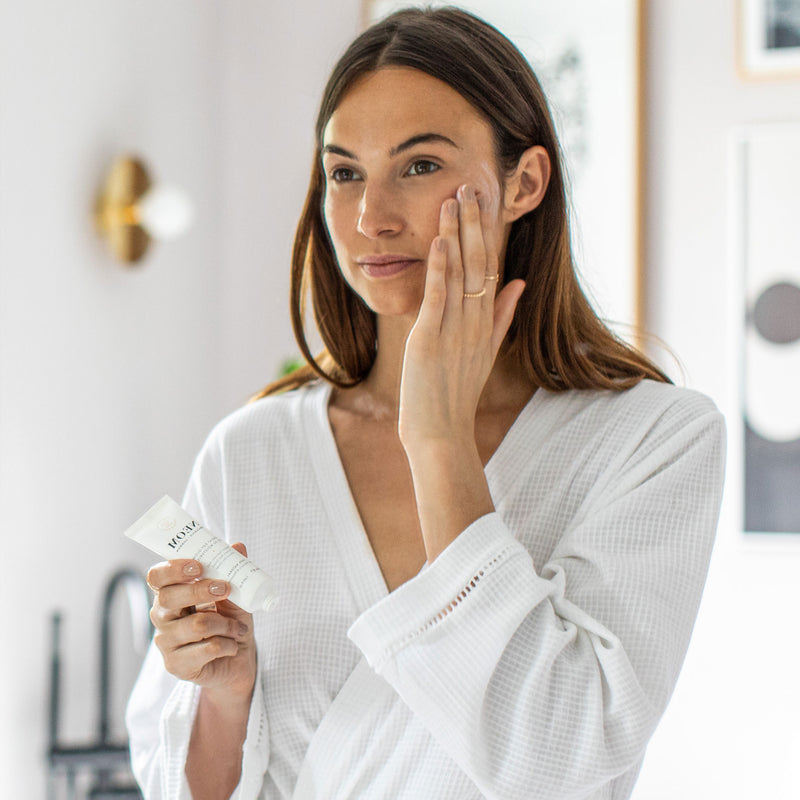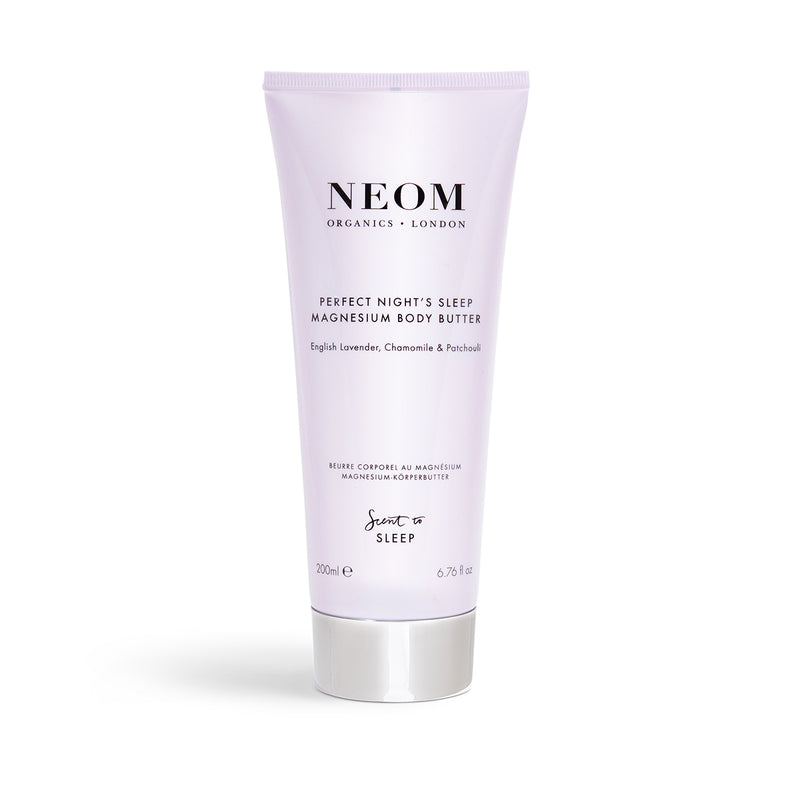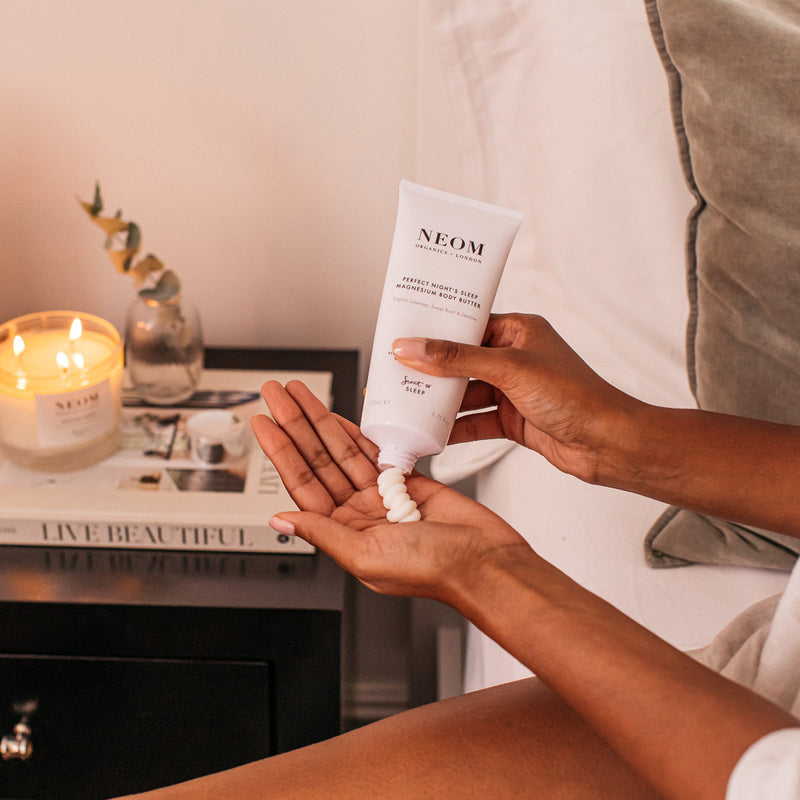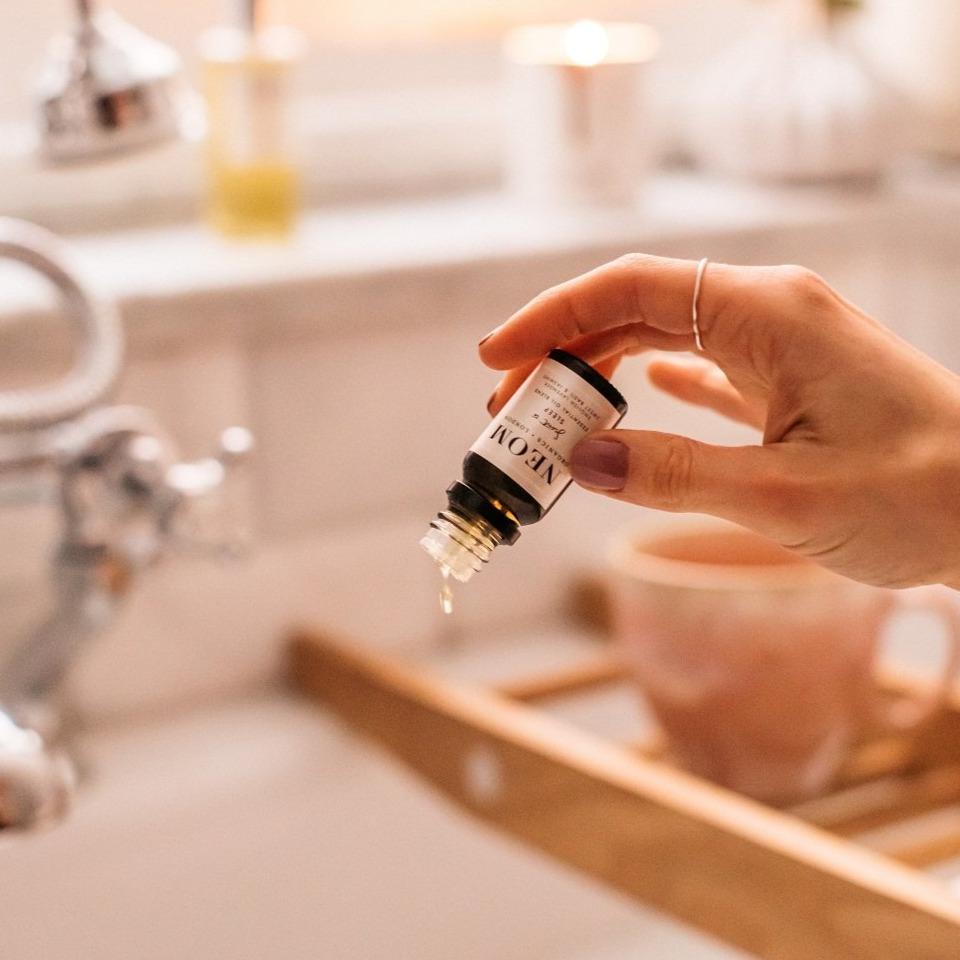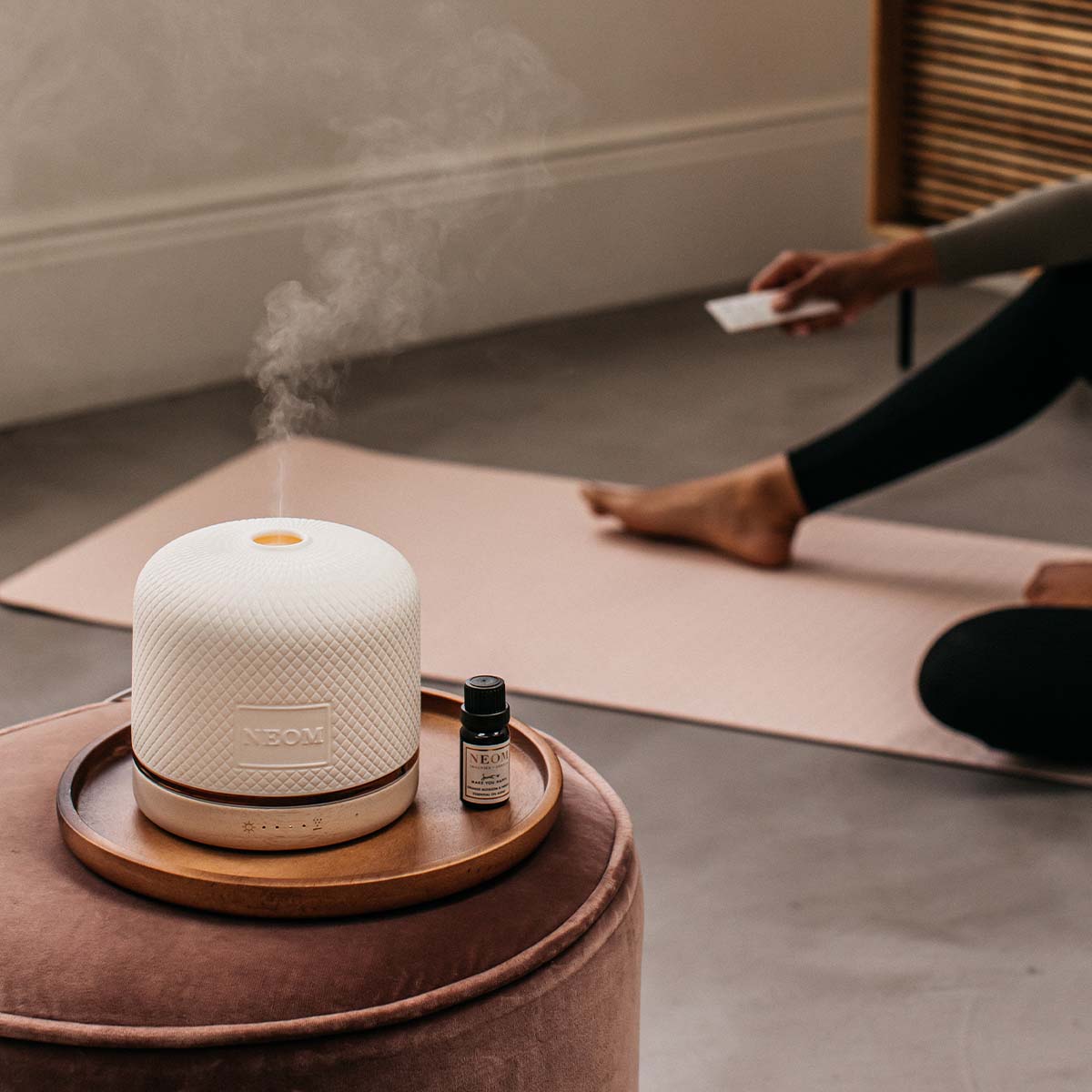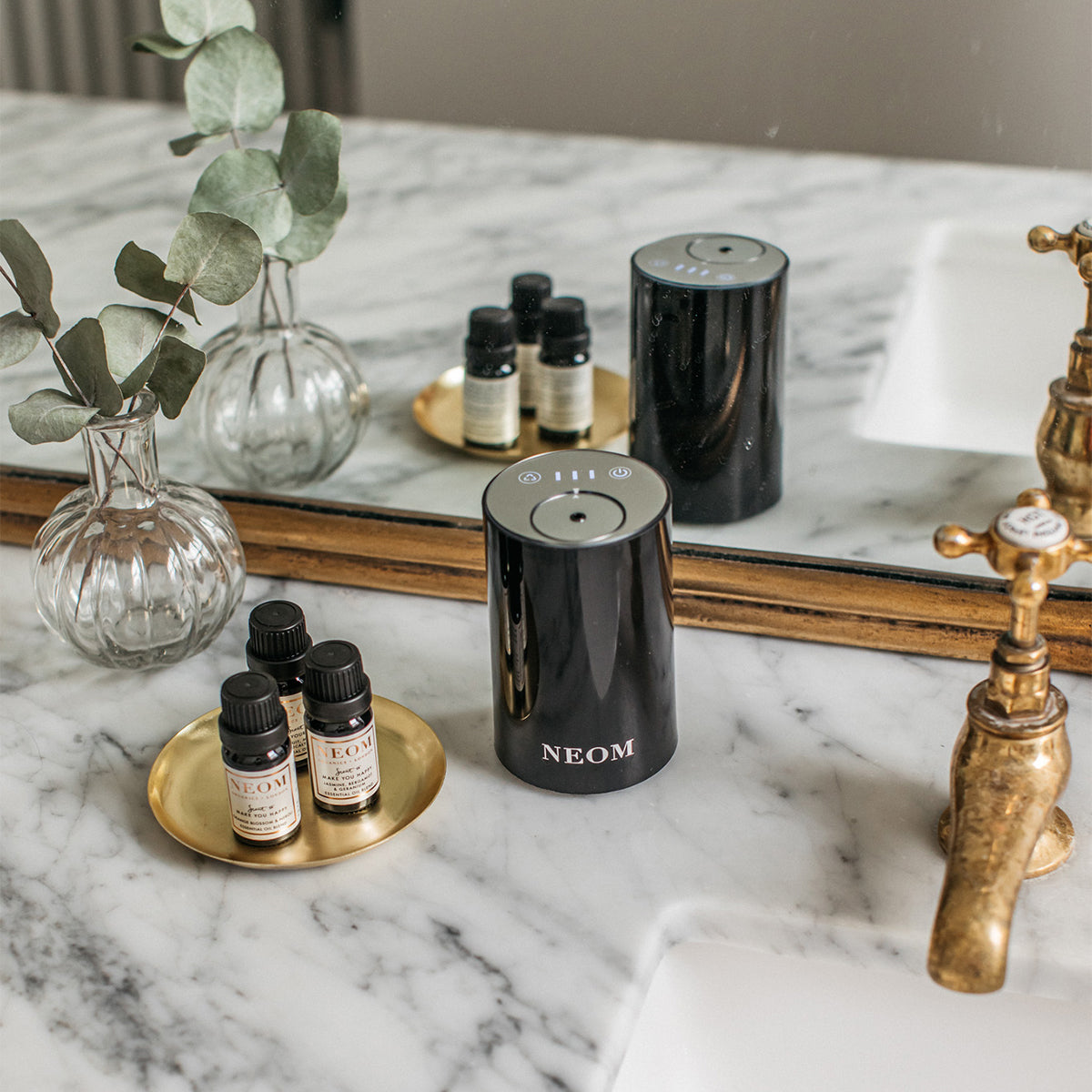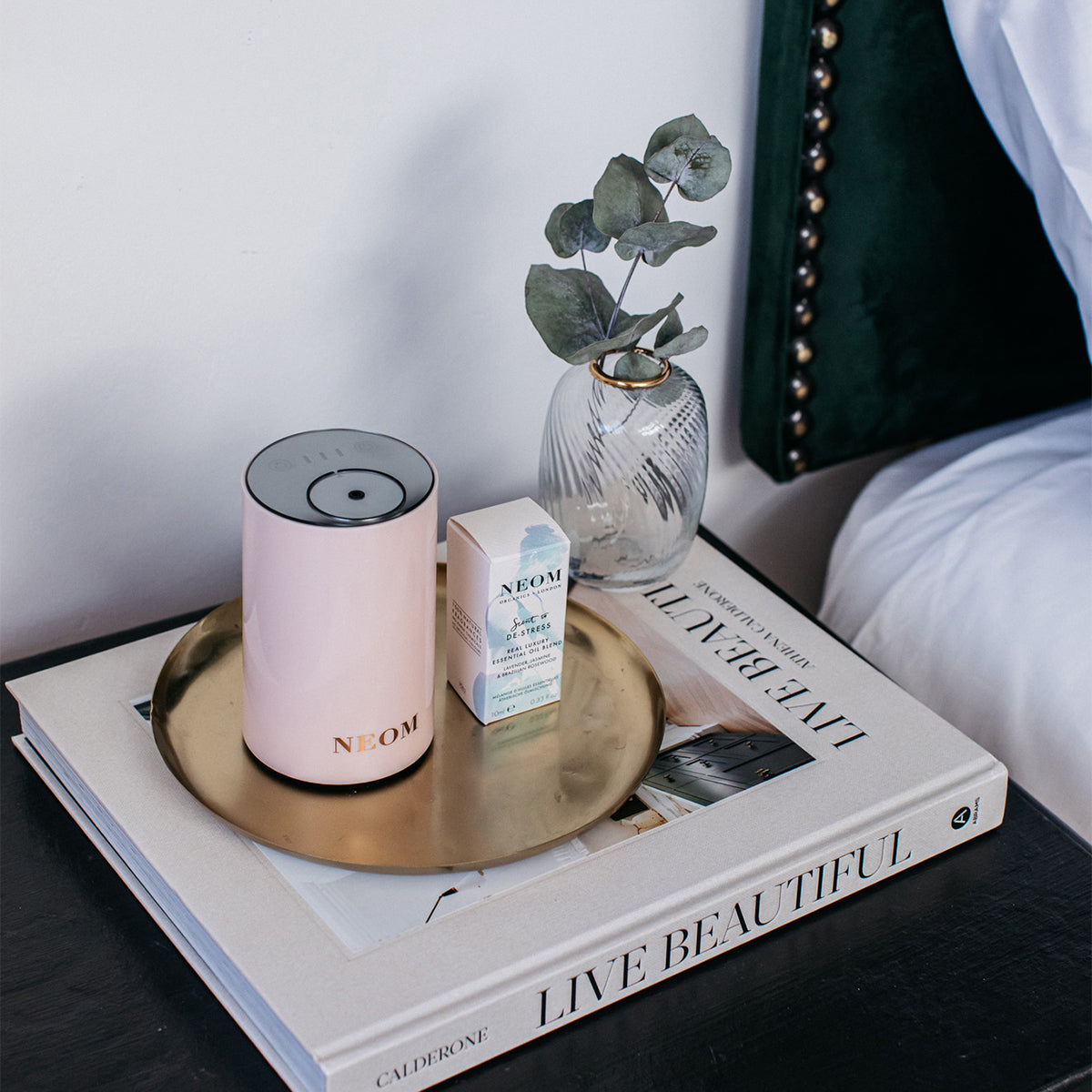Most of us probably don’t think about what we eat for breakfast can affect how we sleep that night, but making certain choices throughout the day can help us to wind down at the end of it. Alice Mackintosh is a registered Nutritional Therapist with over a decade of clinical experience, as well as being NEOM’s foodie sleep expert. “Just like the rest of our body, we need the right nutrients in order to properly fuel our sleep.” So what are the best foods to help you sleep?
Morning
“Aim to leave 12 hours overnight without eating, from your last meal to your first of the day,” Alice says. “The cells of our gut are programmed to do important house keeping at night when we sleep, which can’t be done when it is digesting food.”
When it comes to good sleep foundations, protein is right up there. “Protein is rich in the buliding blocks that help the body make melatonin, our all-important sleep hormone,” says Alice. A breakfast including protein and wholegrain carbs provide a longer lasting energy boost and keep you feeling fuller for longer. Meaning there’s less chance of reaching for the biscuits mid-morning and potentially booking yourself on the sugar rollercoaster for the rest of the day….
Foods that help to boost melatonin levels include oats, banana and seeds. “Try making a hearty bircher muesli (or porridge in the winter) for breakfast each day.” Coffee is fine but Alice recommends 1-2 cups of any caffeinated drink daily and stopping after midday. “Starting the day off with a balanced breakfast also makes this more achievable and means you won’t run on empty – which doesn’t help support regular sleep cycles.”
Daytime
White rice, pasta, bread or bagels might be an easy lunchtime grab but it won’t help our sleep in the long run. “They can release their sugar quickly, which spikes your blood sugar and can lead to a dip 1-2 hours later,” explains Alice. “This can sometimes be enough wake you up at night, especially in the early hours.” Choose wholegrain carbs instead or go for beans, potatoes with skin or root veggies. If you’re having the salad option, check the dressing labels or go for olive oil, as many salad dressings are surprisingly high in sugar. Try adding a handful of walnuts for an extra protein shot.
It is also a good idea to try to get into the habit of eating your meals at regular times each day – not only does this mean we are less likely to graze, but it also helps to set our body’s daily sleep-wake cycle (otherwise known as the circadian rhythm) up better. Three regular meals and one snack in the afternoon (if needed) is a good goal.
Evening
At NEOM it’s a bedtime hero - but does magnesium help you sleep? The answer is yes, says Alice. “Magnesium helps to induce the release of GABA, another calming brain chemical that we release in the lead up to sleep.” Magnesium friendly foods include green leafy veg like bok choi, kale, spinach and broccoli, as well as whole grains (rice, quinoa, pasta) and nuts and seeds like cashews, almonds, pumpkin seeds and peanuts.
B vitamins are also needed to fuel healthy sleep cycles. “B vitamins help us produce the right brain chemicals and cope better with stress. They also help with thyroid and female hormone balance, which can also impact our sleep cycles, especially in peri-menopausal women where sleep can be profoundly disturbed.” B vitamins are found in meat, fish, seafood, lentils, beans, whole grains and vegetables like avocado, beetroot and sweet potatoes. Booze isn’t off the menu, but Alice says don’t go crazy. “Aim to limit alcohol, sugar and white carbs because these can spike our insulin, which leads to dramatic dips in blood sugar that might impact your ability to fall, and stay, asleep.”
Try to eat by 7:30pm most evenings, as this means your body can digest properly prior to getting into bed, which further fuels your sleep cycles.
Credit: Alice Mackintosh is founder of award-winning supplement range Equi London and bestselling author of The Happy Kitchen, a cookbook and guide to eating for mental health, which places a core focus on sleep. Follow Alice on Instagram for more helpful advice and top tips - @alicemackintosh_nutrition
![<p>[spend_remaining] away from FREE Standard Delivery!</p>](http://neomwellbeing.com/cdn/shop/files/Free-Delivery_a21dbea4-4942-4b1c-816e-9fc18cced87e_small.png?v=1717674549)

